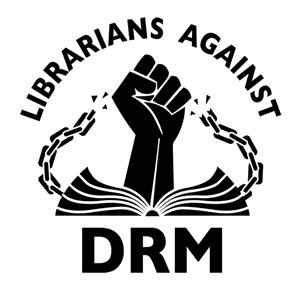Grassroots Action and Open Access

Over the past year we’ve seen information play a vital role in grassroots action, from the Arab Spring to Occupy Wall Street (and even locally, with Occupy Atlanta). People are using social media and mobile phones to take democracy to the streets. But now that we’re entrenched in the digital age, the question of “who controls the information” has become a vital one.
The history of the Open Access movement is directly linked to the history of the internet and the digital age itself. Ever since people have been able to copy, share, edit, remix, print, re-print, connect and distribute information electronically, there has been a grassroots movement to make scholarly information as freely available as possible. But because it costs money to produce scholarly information, there has also been an effort to monetize new ways of producing and publishing information. It has never been more true that information wants to be both free and expensive at the same time.
But now we’re at a crossroads. Traditional booksellers are disappearing and publishers are working to monetize new venues for the flow of information. There’s the rising cost of scholarly journals and databases and litigation against the digitization and public release of information. It’s more important now than ever that students, faculty, and librarians pay attention to emerging developments in this area.
So how are students and faculty at other institutions taking grassroots action for Open Access?
- They’re spreading the word. The more people who know about Open Access Week and about the work to make progressive change to information policy, the better.
- They’re getting involved. There are numerous organizations who work for greater Open Access, including The Right to Research Coalition, the Alliance for Taxpayer Access, the Scholarly Publishing and Academic Resources Coalition (SPARC), and Students for Free Culture.
- They’re retaining their copyright. By educating themselves, graduate students and faculty who publish research are able to choose their publication options carefully, including reversion of copyright clauses in their contracts, as well as provisions for institutional repositories (like our Digital Archive@GSU).
- They’re publishing in Open Access journals. With the explosive growth of scholarly, peer reviewed Open Access journals (and the fact that Open Access articles end up with higher impact scores), it’s easier than ever to publish research where it can be easily searched, accessed, and used by everyone.
We’re seeing a new wave of grassroots action taking place around the planet, and Open Access is one of the areas in which individual action can make a big difference.